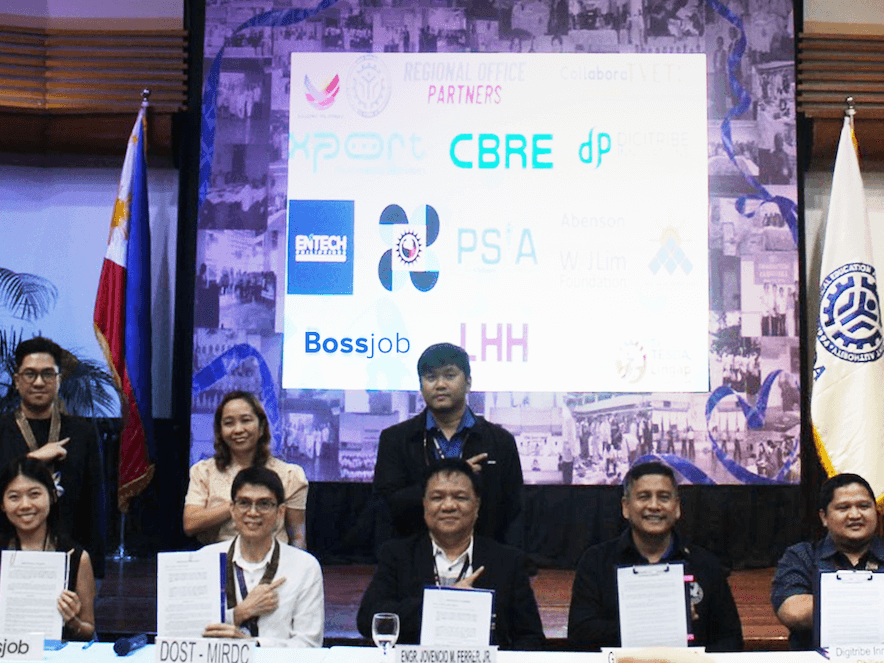Tuesday, 10 February 2026
1 May 2025
2:21PM
Gov’t touts labor sector’s gains: lowest PH unemployment rate in 20 years
President Marcos on Wednesday said that the Philippine unemployment rate fell to its lowest level in two decades, attributing the improvement to strong investor inflows and job creation initiatives across the country.

6 Mar 2025
9:41AM
QUICK LOOK: PH unemployment rate dipped to 4.3% in Jan 2025 amid labor gains
Employment in the country improved, with 48.49 million people employed in January 2025, an increase from 45.90 million in January 2024. The employment rate stood at 95.7 percent, slightly higher than the 95.5 percent recorded a year prior.

4 Feb 2025
10:51AM
Legislated P200 wage hike will harm small firms, hurt jobs, fuel inflation — PCCI
The country’s largest business group has expressed concern over the House of Representatives’ approval of a P200 daily minimum wage hike, urging Congress to leave wage adjustments to the Regional Wage Boards instead of implementing a national mandate.

3 Feb 2025
6:32AM
President Marcos: Upskilling thrust at SM job fairs key to reducing unemployment
Malacañang emphasized that upskilling programs are part of broader government initiatives aimed at improving employment and livelihood.

30 Jan 2025
5:31PM
Philippines secures $500-M ADB support for labor market reforms, job growth
The Business and Employment Recovery Program-Subprogram 2 focuses on equipping Filipino workers, particularly vulnerable youth and women, with skills that align with evolving industry demands.

2 Oct 2024
11:59AM
Philippine energy, transport sectors told: 'Re-skill’ workers hit by environment push
The Philippine government is prioritizing reskilling workers in the energy and transport sectors, whose jobs are at risk due to the country’s transition to a net-zero economy, the Department of Environment and Natural Resources (DENR) said on Wednesday.

1 Jul 2024
4:25PM
Wage panel approves 5.7% hike in minimum salaries to benefit 2.7M Metro Manila workers
The Regional Tripartite Wages and Productivity Board for the National Capital Region (NCR) has approved a 5.7% increase in the minimum wage, benefiting an estimated 2.7 million workers, the Labor Department announced Monday afternoon.

20 May 2024
6:08PM
PLDT firm on September CBA talks amid looming strike
The management of PLDT Inc., led by business tycoon Manuel V. Pangilinan, stood firm on the September 2024 start of negotiations.

1 Apr 2024
11:06AM
Bossjob tie-up to boost employability of TESDA tech-voc graduates
In a move aimed at enhancing the job prospects of technical vocational education and training (TVET) graduates, Southeast Asian career platform Bossjob has forged an alliance with the Technical Education and Skills Development Authority-National Capital Region (TESDA-NCR).









